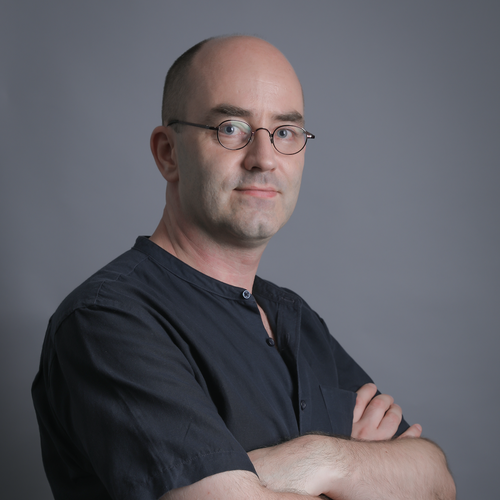Shanghai has had a rich historic relationship with water, and its present and future are inherently linked to it. The name Shànghǎi literally translates as "on the sea". The city and its wider urban region was crisscrossed with waterways, many of which have dissappeared due to rapid urbanisation, with countless street names paying homage to former canals and creeks that once stood in their place. The city owes its prosperity to its strategic location in the Yangtze River Delta and its fertile lands. The connection to the water has also been the source for stories, myths and cultural practices. While Shanghai's waterfronts and coastline are a treasure, with opportunities for trade, recreation and natural development, yet at the same time the waterfronts are also vulnerable to flooding.
The function and appreciation of the urban waterside has changed drastically over the years, especially during the last two decades as former industrial waterfronts have transformed into places for leisure. Shanghai's new urban waterfronts form one of the main planning strategies in the city's attempt to become an "Excellent Global City" under the Shanghai Masterplan 2017–2035. As the city strives to develop "a world class waterfront area" the Huangpu must become a "public living room in the city" to create continuous open public space in the dense urban fabric. This is manifesting in extensive regeneration projects seen in the cultural corridor in the West Bund, the Cool Docks, East, South and North Bund. How successful will the city be in injecting life into the waterfronts? What are the implications of the relationship between urban life and water in Shanghai? And how is the city preparing itself for the future in the context of climate change and other future urban challenges?
Speakers
About the Speaker:
Harry den Hartog is a Dutch urban designer and researcher, based in Shanghai since 2008 where he runs his think tank studio Urban Language. In 2010 he published the much cited book Shanghai New Towns – Searching for Community and Identity in a Sprawling Metropolis (2010 Publishers). Den Hartog has been a faculty member at Tongji University in Shanghai, College of Architecture and Urban Planning since 2012. In 2017 he became a member of the Editorial Board of the journal 'Built Heritage'. Harry den Hartog is PhD candidate at Delft University of Technology.
Over the years Harry den Hartog has been involved in extensive research on new town developments, urban-rural transitions, and waterfront transformations. He has been widely published in high-ranking journals and books. Den Hartog is frequently invited as a panelist for discussions and exhibitions by various organizations in Europe and Asia.
Convenor: Parul Rewal (architect and urbanist)

